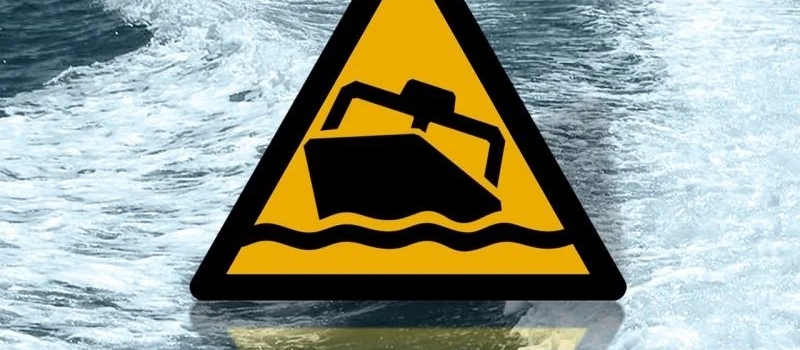Essential Tips for a Safe and Enjoyable Voyage
Monday, June 12, 2023 John Coniglio

Boating is a popular recreational activity that offers a great way to relax and explore the open waters. However, it's crucial to prioritize safety while enjoying your time on a boat. By following essential boating safety guidelines, you can ensure a secure and enjoyable experience for yourself, your passengers, and others on the water. In this article, we will discuss key tips and practices to enhance boating safety and reduce the risk of accidents or mishaps.
1. Wear Life Jackets:
The importance of wearing life jackets cannot be emphasized enough. Ensure that you have an adequate number of properly fitting life jackets on board for every passenger. Life jackets should be worn at all times, especially when the boat is underway or in rough waters.
2. Know the Rules:
Familiarize yourself with the local boating laws, regulations, and navigation rules before heading out on the water. Understanding buoy markers, speed limits, and right-of-way rules is crucial for maintaining safety and avoiding collisions with other vessels.
3. Practice Safe Navigation:
Maintain a safe speed and stay vigilant while operating the boat. Be aware of your surroundings, including other boats, swimmers, and potential hazards such as rocks or shallow areas. Avoid distractions like mobile devices, and designate a responsible person as a lookout.
4. Check Weather Conditions:
Always check the weather forecast before embarking on a boating trip. Be prepared for changing weather conditions and avoid boating during storms, high winds, or other adverse weather situations. If you notice dark clouds or sudden shifts in wind patterns, consider returning to shore promptly.
5. Use Proper Lighting:
Ensure that your boat is equipped with proper lighting, including navigation lights and an anchor light. Proper lighting enhances visibility during low-light conditions and allows other boaters to see your vessel.
6. Have Essential Safety Equipment:
Keep your boat well-equipped with essential safety items, including a first aid kit, fire extinguisher, throwable flotation device, distress signals (flares or an air horn), and a fully charged cell phone or marine radio for emergencies. Regularly check the condition and expiration dates of these items.
7. Avoid Alcohol and Drugs:
Operating a boat while under the influence of alcohol or drugs is illegal and extremely dangerous. Impaired judgment, slower reaction times, and diminished coordination can lead to accidents. Always designate a sober boat operator and encourage responsible behavior on board.
8. Learn Basic Boating Skills:
If you're new to boating, consider taking a boating safety course to learn the fundamentals of navigation, boat handling, and emergency procedures. Familiarize yourself with basic knots, docking techniques, and how to properly secure your boat.
9. Communicate Your Plans:
Before setting sail, inform someone on land about your boating plans, including your expected departure and arrival times. This way, if something goes wrong or you encounter a delay, someone can alert authorities and provide assistance if needed.
By following these boating safety tips, you can ensure a safe and enjoyable experience on the water. Prioritize the well-being of yourself, your passengers, and others by wearing life jackets, practicing safe navigation, being prepared for emergencies, and adhering to boating regulations. Remember, boating safety is everyone's responsibility, and by taking precautions, you contribute to a safer boating environment for all.




